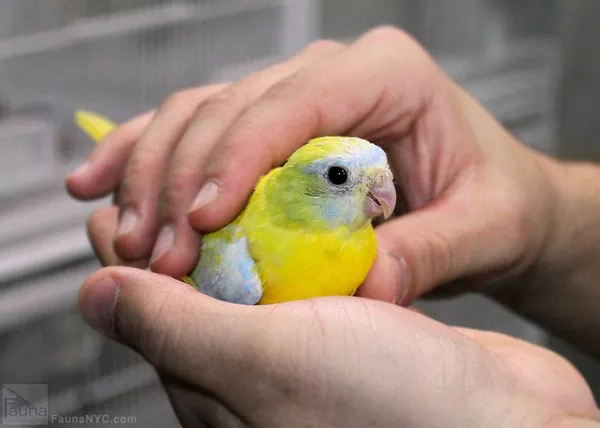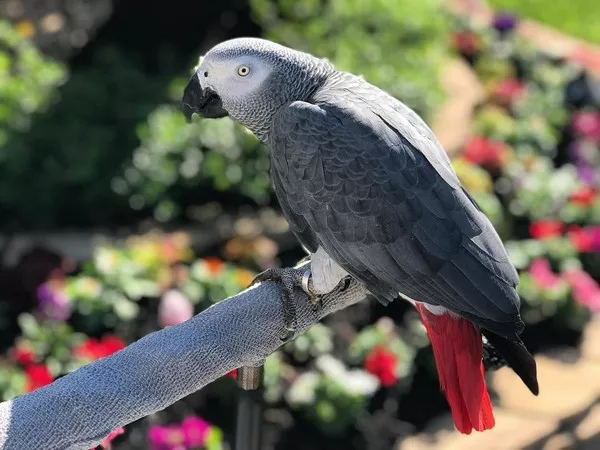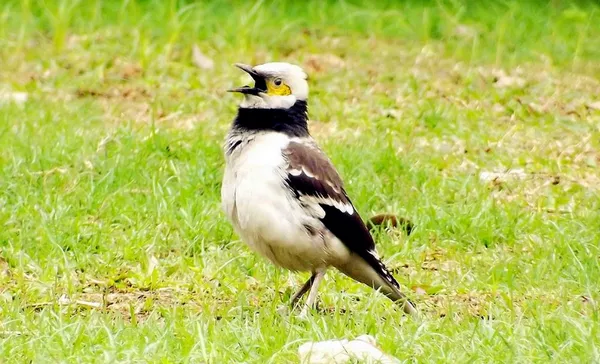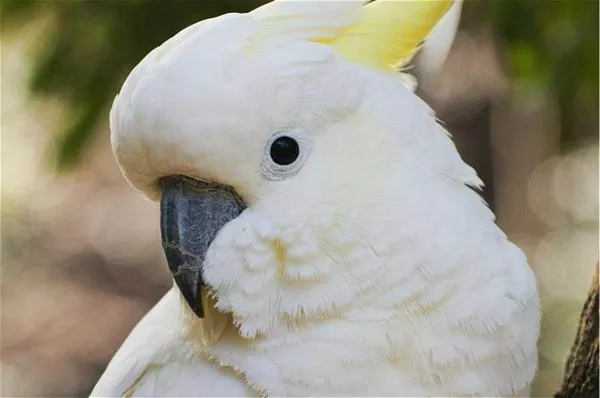The Indian Ringneck Parrot, scientifically known as Psittacula krameri manillensis, is a popular pet bird known for its vibrant plumage and engaging personality. Native to parts of Asia, including India, these parrots have specific dietary needs to maintain their health and well-being. In this comprehensive guide, we will explore the ideal diet for Indian Ringneck Parrots, including their natural food preferences, essential nutrients, and recommended feeding practices.
Understanding Indian Ringneck Parrots’ Natural Diet:
In the wild, Indian Ringneck Parrots have a varied diet that primarily consists of fruits, vegetables, nuts, seeds, and grains. Their diet reflects their omnivorous nature, allowing them to consume a combination of plant-based and protein-rich foods. By replicating their natural diet in captivity, we can ensure their nutritional requirements are met.
Essential Nutrients for Indian Ringneck Parrots:
To maintain the overall health and longevity of Indian Ringneck Parrots, their diet must include the following essential nutrients:
Fresh Water: Clean and fresh water should be readily available to your Indian Ringneck Parrot at all times. Ensure that the water dish is cleaned and refilled daily to prevent contamination.
High-Quality Pellets: Pelleted bird food designed specifically for parrots is an excellent base for their diet. These pellets are formulated to provide a balanced blend of essential vitamins, minerals, and nutrients. Look for pellets that are free of artificial colors and preservatives.
Fresh Fruits and Vegetables: Provide a variety of fresh fruits and vegetables to your Indian Ringneck Parrot daily. Include options such as apples, bananas, oranges, pears, berries, carrots, leafy greens, broccoli, and bell peppers. These foods offer essential vitamins, minerals, antioxidants, and fiber.
Seeds and Grains: Although seeds and grains should not be the main component of their diet, they can be offered in moderation. Include nutritious options such as millet, sunflower seeds, quinoa, and whole grain cereals. However, it’s important to remember that seeds and grains are high in fat, so they should be given sparingly.
Protein Sources: Indian Ringneck Parrots require adequate protein for their overall health. Offer protein-rich foods like cooked chicken, scrambled eggs, cooked beans, lentils, and small amounts of lean meats. Ensure that any meats offered are boneless and cooked thoroughly.
Nuts and Legumes: Nuts, such as almonds, walnuts, and cashews, are a great source of healthy fats, protein, and minerals. Offer them as occasional treats due to their high fat content. Legumes like chickpeas, lentils, and peas can also be provided in moderation.
Feeding Practices for Indian Ringneck Parrots:
Establishing healthy feeding practices is crucial to ensure your Indian Ringneck Parrot receives a balanced diet. Consider the following guidelines:
Freshness and Hygiene: Always provide fresh and clean food and water to your parrot. Remove any uneaten food promptly to prevent spoilage and bacterial growth.
Variety and Rotation: Offer a wide variety of fruits, vegetables, and other foods to provide a range of nutrients and prevent boredom. Rotate the options regularly to keep your parrot engaged and interested in their meals.
Food Preparation: Wash fruits and vegetables thoroughly before serving them to remove any pesticides or residues. Chop them into appropriate-sized pieces for your parrot to handle comfortably. Remove any seeds or pits from fruits to prevent choking hazards.
Avoid Toxic Foods: Some foods are toxic to birds and should never be offered. These include chocolate, avocado, caffeine, alcohol, onions, garlic, and foods high in salt or sugar. Additionally, avoid feeding foods that have been treated with pesticides or herbicides.
Treats in Moderation: While treats can be an occasional part of your Indian Ringneck Parrot’s diet, they should not exceed 10% of their overall food intake. Treats can include small portions of unsalted nuts, whole grains, or bird-safe fruits.
Dietary Adjustments: The nutritional needs of Indian Ringneck Parrots may vary depending on factors like age, activity level, and overall health. Consult with an avian veterinarian to determine the most suitable diet plan for your bird.
Conclusion:
Providing a well-balanced and varied diet is essential for the health and vitality of Indian Ringneck Parrots. By incorporating fresh fruits, vegetables, high-quality pellets, and other nutritious foods, you can ensure that your parrot receives the essential nutrients they need to thrive. Remember to provide fresh water, maintain hygiene, and offer treats in moderation. By adopting a thoughtful and comprehensive approach to their diet, you can contribute to the overall well-being and happiness of your Indian Ringneck Parrot companion.
Recommended reading:


























